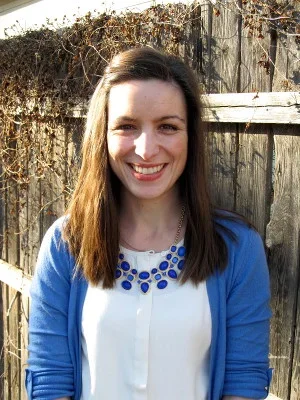MERCY SPURS THE BONE
BY CHELSEA WAGENAAR
$17.00. (email us for availability)
Levine Prize in Poetry 2014
Chelsea Wagenaar is incredibly gifted and audacious; her language is constantly inventive. -- Philip Levine, from "A Look at Philip Levine: A Massachusetts Poetry Festival Feature Poet"
To "pray" is cognate with Old English fricgan, "to ask," and at the heart of each of these marvelous poems -- by turns petition, plea, praise, penance -- is a question about the mystery of incarnation. "What holds love after the body?" Wagenaar asks in "Swift Perpetua" -- the ephemera (coins, bullets, keys) extracted by a laryngologist from human throats, the anguished notes of a sonata teased on their "thin stems" from the hull of a piano by an abandoned daughter, Thomas's doubts opened to truth by touch, a woman's erotic awakening into the revelation that "to live in the body is to die in it." These poems, ever mindful of the tender mercies of the first Maker, are heir to Dickinson's paradox of grace: "I dwelt, as if Myself were out, / My Body but within / Until a Might detected me / And set my kernel in." In ardent conflation of Beloved/beloved, Wagenaar writes: "Good morning, you say, though I know it is only / because there are no names for what you feel most. / Forgive me for how I don’t know you." -- Lisa Russ Spaar


